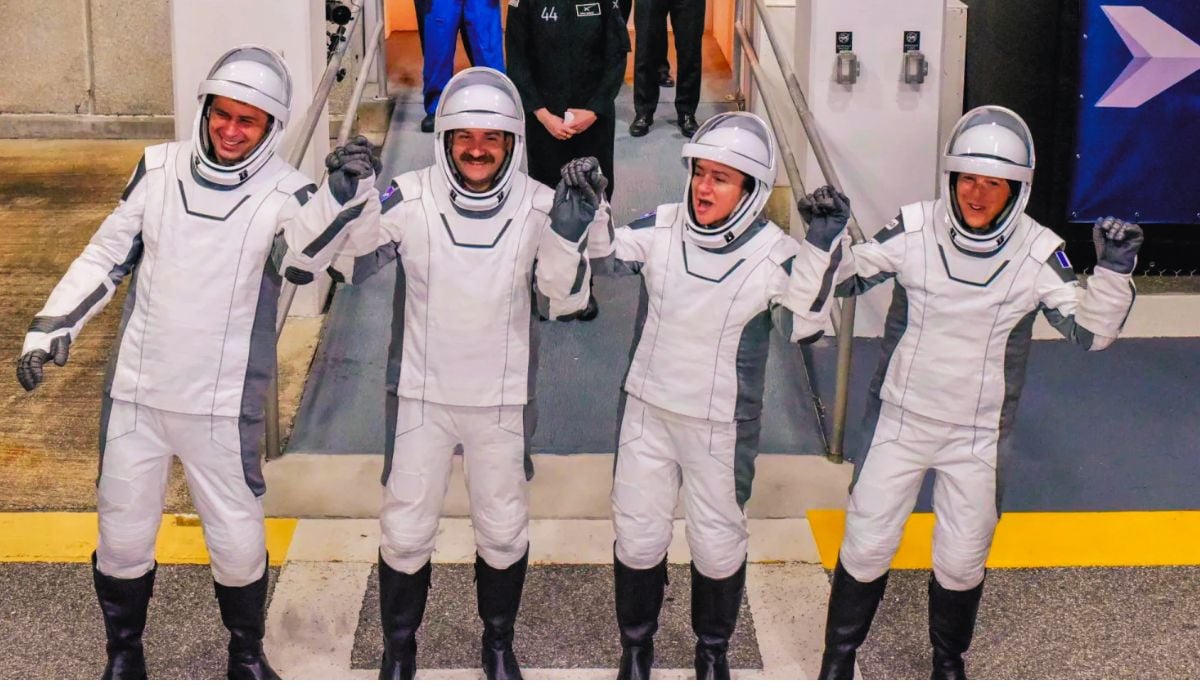ChatGPT vs Humans: Researchers conclusively declare a winner for better storytelling
AI like ChatGPT is slowly taking over human realm with significant impact on our innate qualities
Researchers compared human and chat generative pre-trained transformer (ChatGPT), a large language model (LLM), in a recent study that was published in the journal Scientific Reports analysing their storytelling skills.
People can tell each other brief stories and narratives about distant, imagined, projected, or historical events. Through narrative communication, those who couldn't attend the event can virtually experience it. Human civilisation and culture are inextricably linked to the telling of stories and events.
One noteworthy aspect of narrative communication is that audiences experience the story and its emotional flow first before they are subsequently reminded or retold.
This indicates that the temporal sequence encountered is comparable to a gradual process experienced by an individual. People remember the original text as well as their own experiences when recounting or remembering stories. This part of storytelling by humans might be different from LLMs such as ChatGPT.
Although the Human and ChatGPT retellings were condensed versions of the original tale, important details were kept. However, the patterns followed by ChatGPT and human retellings differed.
Notably, human retellings changed with each repetition, but ChatGPT retellings remained remarkably consistent. Every human retelling provided a fresh, unique perspective on the preceding.
Though there were slight variations throughout iterations, ChatGPT and humans differed significantly in terms of speech elements. In particular, compared to ChatGPT, people utilised twice as many negations and more verbs, pronouns, and adverbs.
Compared to humans, ChatGPT employed a higher number of adjectives and nouns. The comparatively greater use of verbs and adverbs by humans indicated that they were more concerned with feelings and behaviour.
The chatbot's emphasis on objects and entities was evident from its greater use of adjectives and nouns, on the other hand. Despite negations requiring more cognitive work than ChatGPT retellings, human retellings exhibited a greater rate of negations.
In the first recounting, ChatGPT utilised less synsets than humans. Compared to humans, it had a higher synset density and synsets were more likely to hold throughout ChatGPT retellings. In comparison, the chatbot produced less unique synsets than people did.
When sharing stories, ChatGPT and humans had distinct qualities. Compared to ChatGPT, human retellings were less refined through repetitions and more imaginative. Although the chatbot generated a significantly condensed and simplified version of the original narrative, it made minimal modifications in successive renditions, preserving the essential elements of the prior recounting.
-
Annular solar eclipse 2026: Where and how to watch ‘ring of fire’
-
Scientists discover rare form of 'magnets' that might surprise you
-
Humans may have 33 senses, not 5: New study challenges long-held science
-
Northern Lights: Calm conditions persist amid low space weather activity
-
SpaceX pivots from Mars plans to prioritize 2027 Moon landing
-
Dutch seismologist hints at 'surprise’ quake in coming days
-
SpaceX cleared for NASA Crew-12 launch after Falcon 9 review
-
Is dark matter real? New theory proposes it could be gravity behaving strangely












